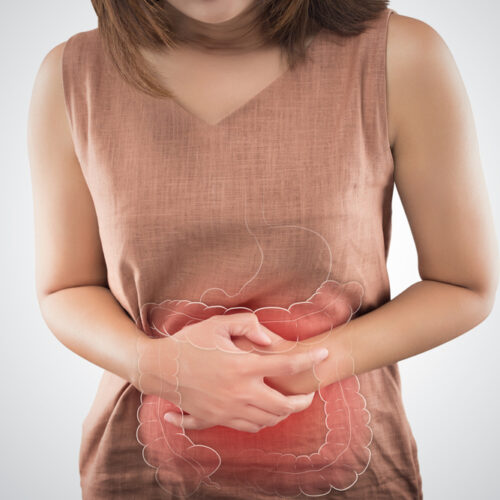Allergy Induced Asthma When Allergies Cause Asthma
Allergies and asthma are often thought to be unrelated conditions. However, in many cases there is a causal relation between the two. For instance, common allergens (like pet dander, dust, and pollen) trigger allergic inflammation in the lungs followed by more serious asthmatic symptoms. Doctors call this variety of asthma ‘allergy-induced asthma.’
How does an allergic response cause an asthmatic reaction?

Many of us suffer from allergies or know someone who suffers from allergies of some kind. It’s a common sight when someone is exposed to an allergen they are known to react to, and as if on cue, the reaction follows. An allergic response occurs when the immune system mistakenly identifies a harmless allergen (i.e., cat dander) as an invader and releases antibodies. How ironic that It is this protective mechanism that leads to allergy symptoms of itchy eyes, hives, runny nose, headache, cough, and nasal congestion. If you also suffer from asthma, a simple allergic reaction can trigger wheezing and coughing due to tight and restricted lungs and lead to a full blown attack.
Who’s most at risk of allergy-induced asthma?
If you suffer from allergy symptoms resulting in hay fever (caused by the powdery pollen that’s produced by weeds, grasses, and certain trees), you may have a higher risk of also developing asthma. According to research by Asthma UK, roughly 80-percent of asthma patients also suffer from pollen allergies, which then triggers a dangerous cycle of asthma symptoms. An existing family history of asthma can also increase the risk of developing allergic asthma. Not all forms of asthma are caused by allergens, other common forms of asthma can be induced by stress, temperature changes, existing medical conditions (like GERD), or strenuous activity.
Get your allergy symptoms under control
The best way to control your allergy-induced asthma is to know your triggers and aim to limit your exposure to them as far as possible. For instance, if you suffer from asthma as well as seasonal hay fever, you can manage your symptoms by doing the following:
Taking antihistamines and wearing a filter mask when outdoors during pollen season.
Keep tabs on the local pollen counts in your area.
Staying indoors during peak pollen exposure times (on hot, dry, windy days), during late morning to late afternoon.
Use air conditioning instead of opening windows on high pollen count days and times.
Wipe down pets when they come in from outside the house (they can track in pollen).
Inspect the damp, wet areas at home (i.e., basement, bathroom) for mildew and mold.
Replace your heat and A/C filters seasonally.
Shower before bed to avoid tracking pollen from outside.
If you line dry clothes, do so indoors
Schedule regular checkups with your doctor. Your doctor may recommend a prescription nasal spray, oral antihistamine, or allergy shots (immunotherapy) to help keep severe allergy symptoms under control.











